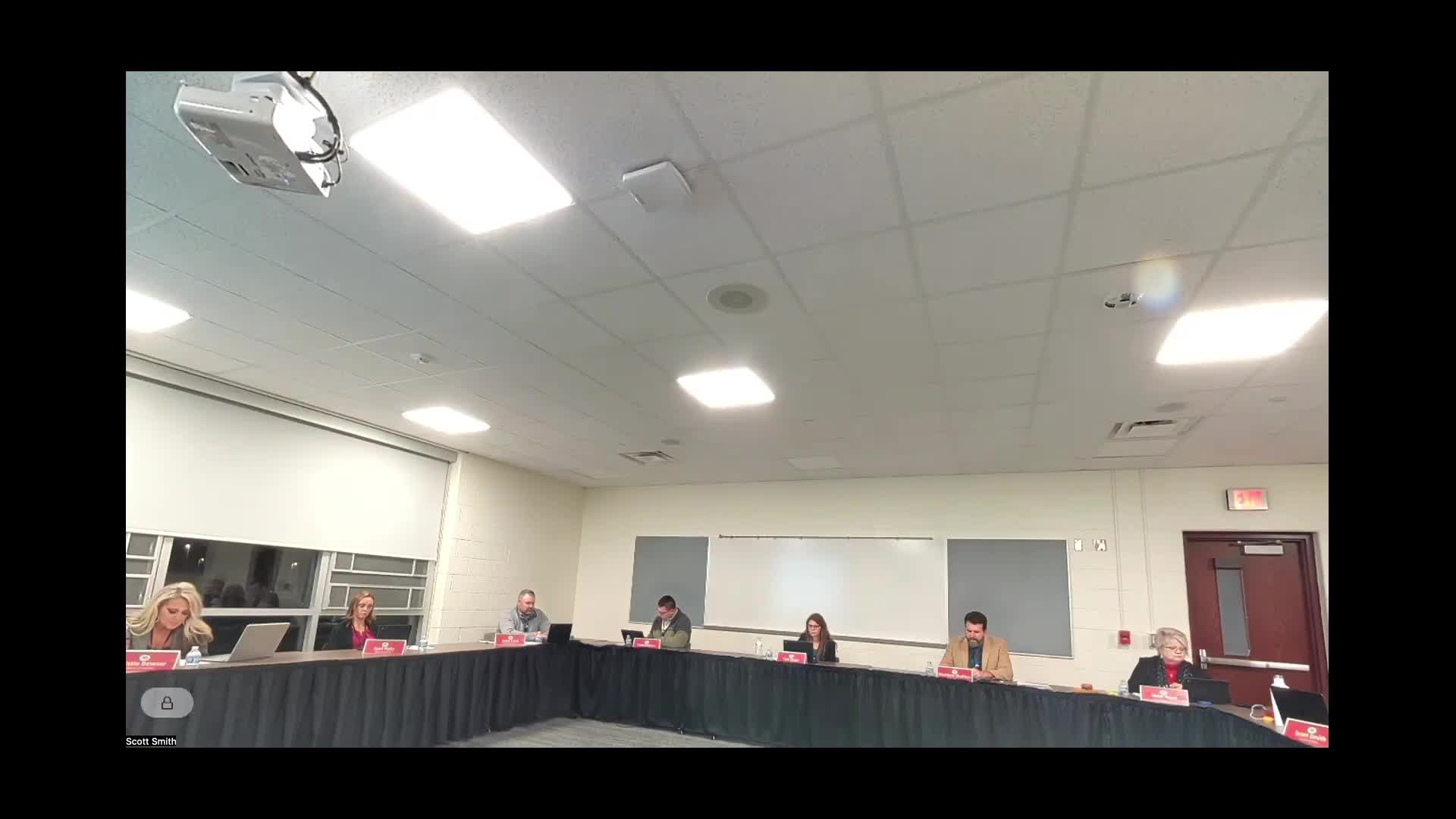Board weighs whether to accept new state safety/mental‑health funds that require waiver of attorney‑client privilege
Get AI-powered insights, summaries, and transcripts
Subscribe
Summary
Administrators and legal counsel briefed the board on Oct. 27 about Section 31aa, a new one‑time state funding program with an opt‑in deadline of Nov.16 that carries a statutory waiver clause affecting attorney‑client privilege in certain investigations.
Marty and district legal counsel summarized a new state program (Section 31aa) during the Oct. 27 meeting that offers three funding components: a mandatory opt‑in allocation (subsection 2) and two competitive grant tracks for school resource officers/safety dogs and mental‑health support staff (subsections 4 and 5).
The board’s immediate concern centered on subsection 2’s requirement that districts opting into the funds consent to a waiver of attorney‑client privilege for investigation of any mass‑casualty event. Counsel described differing legal interpretations and said the absence of statutory clarity (for example, a definition of “mass‑casualty”) makes evaluating long‑term liability difficult. One local legal memo (quoted to the board) cautioned that broad waiver language could expose closed‑session security planning and consultant communications to discovery.
Marty said the district budget adopted in June included $340,000 in preexisting 31a carryover funds that are not subject to the new terms; the newly available 31aa dollars could net about $450,000 if the district opts in, but those funds carry strict spending timelines (initial distribution expected Dec. 20 and must be spent by June 30, 2027, unless a one‑year extension is granted). Unspent funds would revert to the state.
Board members and counsel discussed practical implications: whether closed‑session security plans or consultant reports could become discoverable; how a broad waiver might affect personnel and former officials; and whether one‑time funds that must be spent quickly would produce meaningful, sustainable services.
No final decision was made at the meeting. Staff recommended delaying until additional legal guidance and clarifying language are available; the board must opt in or out by Nov.16 unless it calls a special meeting earlier.
